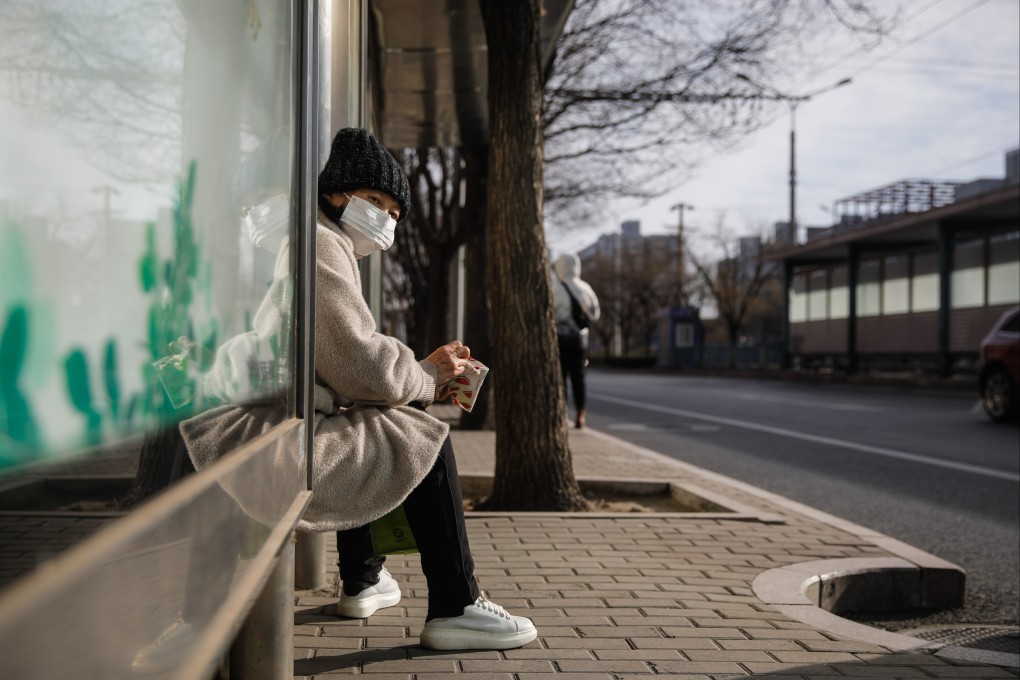Advertisement
The View | Why ending zero-Covid won’t revive China’s economy
- Even before the pandemic, China faced a turning point in its growth model as investment returns began to shrink
- As long as policymakers prolong the needed transition to a consumption-based economy, growth will remain low for years to come
Reading Time:4 minutes
Why you can trust SCMP
32

Beijing is ditching its zero-Covid strategy. The move should halt the contraction of China’s economy from numerous lockdowns. But the economic headwinds that existed before the pandemic remain.
Advertisement
Only profound structural reforms can reverse China’s growth trend, and Beijing is unlikely to pursue such reforms. It will instead go down the path of least resistance and deal with the fiscal and debt crises piecemeal along the way.
Phasing out zero-Covid isn’t a strategy to end the pandemic. It’s a recognition of the policy’s ineffectiveness and an attempt to converge China with the rest of the world. As the Chinese population lacks the immunity that others have built up in the past three years, it still faces massive waves of infection to catch up.
China’s pandemic will then resemble that of other countries. In the meantime, people are shying away from social gatherings, which will keep the service sector depressed for the foreseeable future.
From a cost-benefit perspective, zero-Covid was a good choice in 2020. But as the virus became more transmissible and less virulent, right before the Shanghai lockdown, it stopped making sense. During the past eight months, China has wasted trillions of yuan and antagonised the population by sticking with an unworkable policy. The silver lining from this tragedy is that China’s political system has shown its flexibility in making a U-turn under popular pressure.
Advertisement
Still, China’s real economic challenge is that its investment-led growth model is running into severe diminishing returns. For a decade, the interlinked property bubble and an undervalued exchange rate subsidised capital cost. The low or negative real interest rate due to an undervalued exchange rate partly offset declining return on fixed investment.

Advertisement
